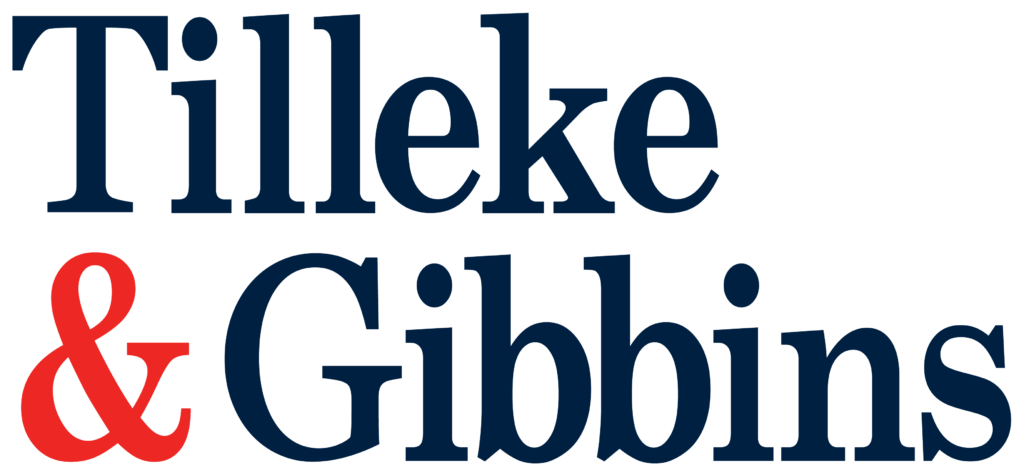Thailand’s official draft Platform Economy Act (PEA) was released on January 15, 2025, for public comment until February 15, 2025. The draft PEA is positioned as a general or overarching law for digital intermediary services and digital platform service businesses. The official release of the draft came after the sharing of the set of principles that would form the basis for the official draft PEA in November 2024. The draft PEA incorporates those principles and adds more detailed provisions.
Especially notable is that the draft PEA requires all intermediary service providers and online platform operators—both Thai and foreign—to appoint a point of contact to liaise with the Electronic Transactions Development Agency (ETDA) if they have any users in Thailand. However, the draft PEA does not mandate establishment of a local entity in Thailand.
Types of Intermediary Services
The draft PEA sets out a three-tiered classification system for different types of service providers, ordered from fewest obligations to most:
- Intermediary services. Intermediary services are further divided into three subcategories: mere conduit, caching, and hosting. Each type of intermediary service has different safe harbor provisions, which define their scope and limitations.
- Online platform services. Online platform services are defined as involving “the provision of intermediary services in the hosting category that involve facilitating the matching of various types of users to enable transactions or interactions, whether or not a fee is charged. Additionally, such services may include other provisions to facilitate these transactions or interactions.” Key obligations for online platform providers include:
- Informing users of their rights and duties under relevant laws
- Implementing a notice-and-action mechanism
- Disclosing advertising information
- Publishing T&Cs, including details such as service fees, algorithms, and complaint management mechanisms.
- Very large online platform services. Very large online platform services (VLOPs) have extra duties beyond regular online platform services, including reporting information, tracking users selling goods or services, suspending those who violate laws, preparing annual transparency reports, and giving prior notice for term changes. An online platform service will be classified as a VLOP if it:
- Has annual revenue from online platform services in Thailand exceeding THB 1 billion;
- Has an average monthly domestic user count exceeding 6 million; or
- Poses significant risks to the economy, social security, or public well-being, as determined by the Digital Platform Economy Committee based on ETDA recommendations.
Designated Gatekeepers
The draft PEA also establishes “gatekeepers,” which refers to the 10 core platform service providers that:
- Have a significant impact on Thailand’s economy or society—achieved by generating annual revenue of over THB 7 billion from core services in the country;
- Act as an important gateway for business users to reach end users—evidenced by having more than 15 million end users per month and over 10,000 business users annually in the country; and
- Have an entrenched and durable position—demonstrated by meeting the criteria for the number of end users and business users in the country consistently over the past three years.
Operators must provide information to the Platform Economy Committee for consideration of gatekeeper designation. The committee will officially announce the designated gatekeepers.
Under the draft PEA, gatekeepers have 14 additional obligations, including prohibiting discrimination against business users, allowing users to freely communicate and enter into contracts with end users, and disclosing advertising costs and other fees.
Trusted Flaggers
The draft PEA defines a trusted flagger as “a legal entity or group of individuals with specific qualifications or expertise, certified by the ETDA, to report suspected violations to the ETDA or online platform providers.” The draft PEA does not specify the specific duties of trusted flaggers; however, it allows the ETDA to implement measures to encourage or incentivize individuals to report suspected violations. Such measures may include granting special privileges, providing rewards, issuing certificates, or registering effective trusted flaggers.
Penalties
The draft PEA imposes phinai regulatory fines (a certain type of fine in Thai law that exists outside of the criminal or administrative legal mechanisms) and criminal penalties for violations of its provisions, with fines varying based on the severity of the offense. The maximum phinai regulatory fine is up to 0.3% of the global revenue generated from the operator’s digital platform services. Additionally, a digital platform’s operations may be temporarily suspended if the provider fails to address illegal activities conducted through the platform. Separately, potential criminal penalties focus primarily on protecting trade secrets that officials acquire during the course of their duties.
Regulatory Transition
Digital platform services must notify the ETDA under the Royal Decree on Operation of Digital Platform Service Businesses. This will be considered as reporting under the PEA. Providers required to report under the PEA must update the ETDA within 120 days of the PEA’s effective date.
For more information on compliance with Thailand’s requirements for digital platform services, please contact Tilleke & Gibbins’ digital platform specialists Athistha (Nop) Chitranukroh at nop.c@tilleke.com, Pornpan Wichawut at pornpan.w@tilleke.com, Rada Lamsam at rada.l@tilleke.com, or Karnravee Jitvilai at karnravee.j@tilleke.com.







